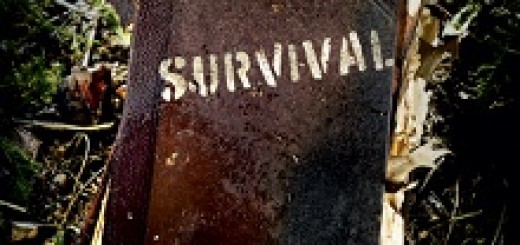By Shalom Olensky
This week in the Torah:
The Commandment to set aside “cities of refuge” wherein a person who killed accidentally must live a) to atone for the misfortune that transpired through him, and b) to protect him from the deceased’s relatives who by law may not seek vengeance while the accidental killer is in the aforementioned city. The Torah states that when the borders of the Land of Israel shall expand, when Moshiach comes, three more such cities must be set aside.
Maimonides:
Anyone who denies belief in the coming of Moshiach, denies the veracity of Torah and Moses our Teacher. This is because the Torah of Moses explicitly foretells about the coming of Moshiach a) by saying (Deuteronomy 30:3-5) that the exiles shall be gathered in, b) by talking about (Numbers 24:17-19) the Redeemer who will deliver the people from the hands of their enemies and restore peace, like King David did, c) by including the concept of Moshiach in the clauses of the aforementioned Commandment regarding the “cities of refuge” in an expanded Land of Israel.
Question:
What does Maimonides find necessary to mention in the third aforementioned biblical proof – the future expansion of Israel and its cities of refuge – that is not covered in the first two proofs that he brings? Indeed, Maimonides allots a separate paragraph for this proof alone while he joins the first two together in the same paragraph. What is special about the third proof to the biblical validity of Moshiach’s coming?
Explanation:
Not all prophesies materialize. Sometimes they are revoked. The wisdom of the Torah is also sometimes given to non-literal interpretation. The Commandments of the Torah, however, are eternal in their most physical and simple and literal meaning.
Someone who posits that a particular prophesy might not materialize is not a heretic. One who understands a Torah principle in a non-literal way is also not a heretic. However, one who declares a Commandment of the Torah to be taken non-literally is a heretic, who denies the veracity of the Torah and Moses.
(The reason:
Wisdom, by nature, is multifaceted – each principle can be sliced and diced, as well as interpreted, sometimes non-literally. Will, on the other hand, is by definition not flexible, as it represents the essence of the soul; if the person desires it one way it is because this is the way the person would have it done; period. If there is a change in one’s will it is only because reason and intellect mixed in. Pure will though reflects the essence of the person who wills it thusly. Will is the notion of one’s soul itself which is simple and singular, and hence not given to change. Especially so is the Will of G-d, whose Essence is completely above change.
The Mitzvos, the Commandments of the Torah, are the Will of G-d. Hence, they are eternal and not given to change.)
Answer:
The third biblical proof that Maimonides brings is different from the other two. Moshiach as it is found in the first two proofs is, a) verses of Torah which are given to interpretation, although that must incorporate the simple literal meaning as well. However one who posits a particular verse to be interpreted non-literally is not a heretic; b) prophesies which are sometimes given to change.
The third proof shows Moshiach’s coming as a clause of one of G-d’s Commandments: We are commanded by G-d that when it shall come to pass, with the coming of Moshiach, that the borders of the Land of Israel expand, we must add three more cities of refuge – literally and eternally.
Lesson:
The coming of Moshiach is literal and certain to happen for it is the Will of G-d, just as every one of G-d’s Commandments.
(Based on Likkutei Sichos Vol. 34, Shoftim)





















